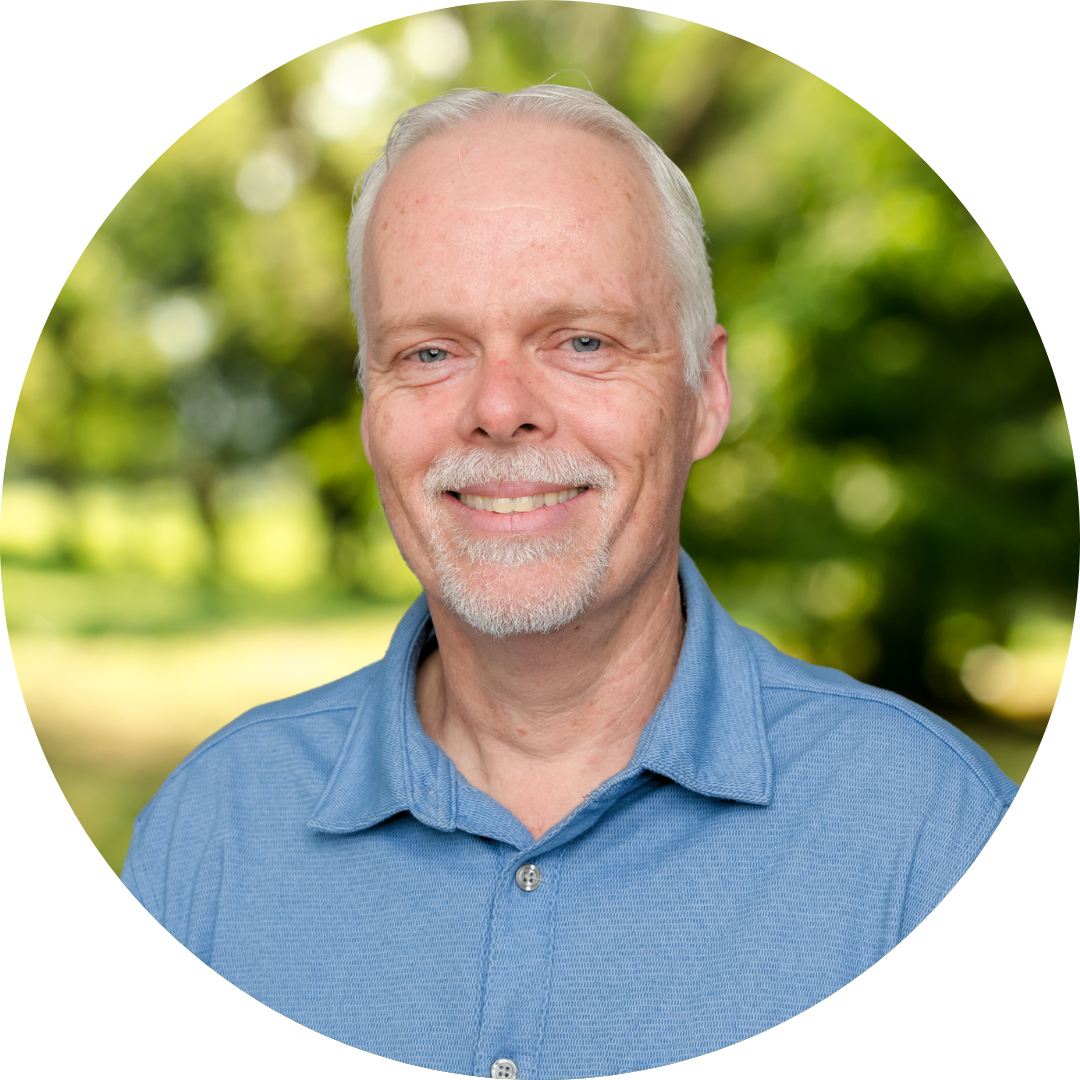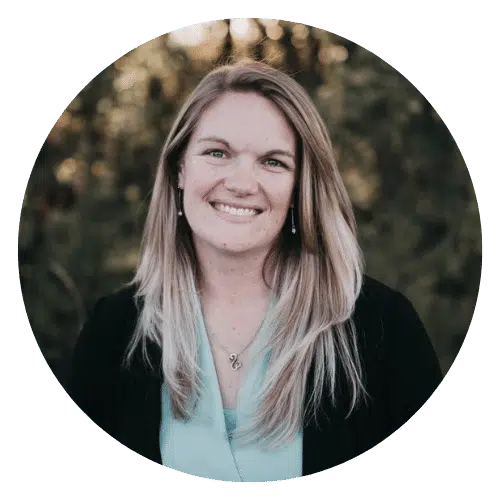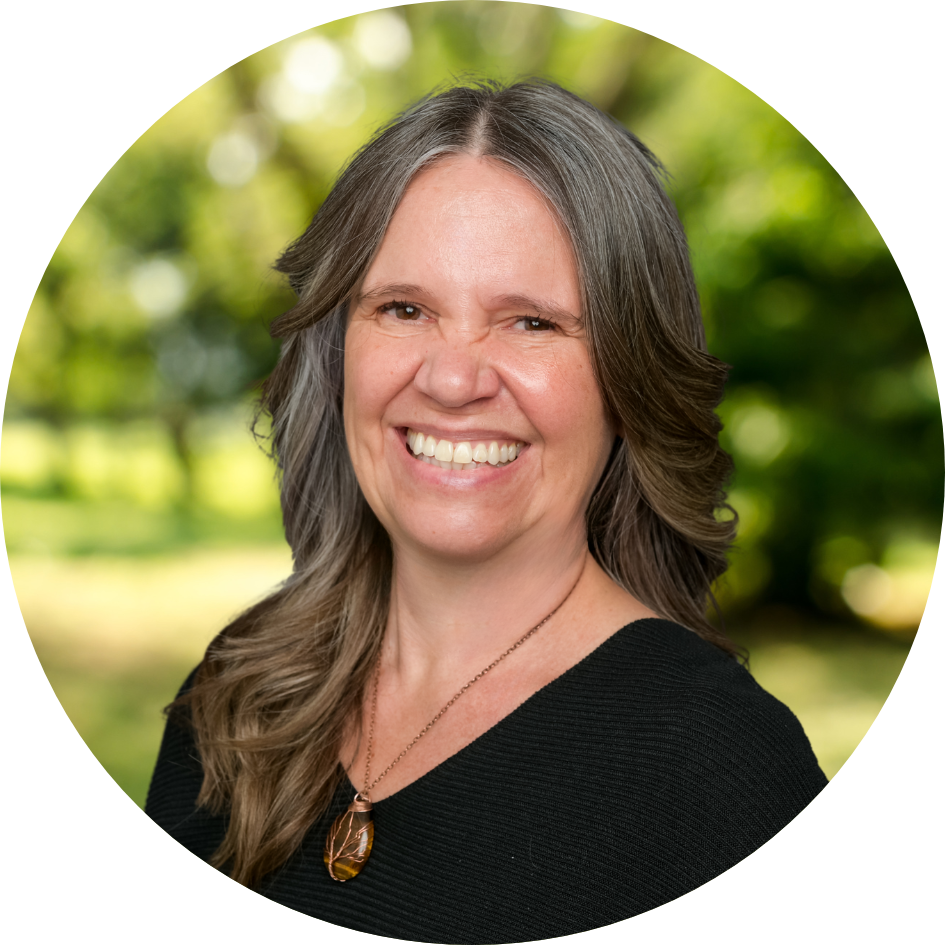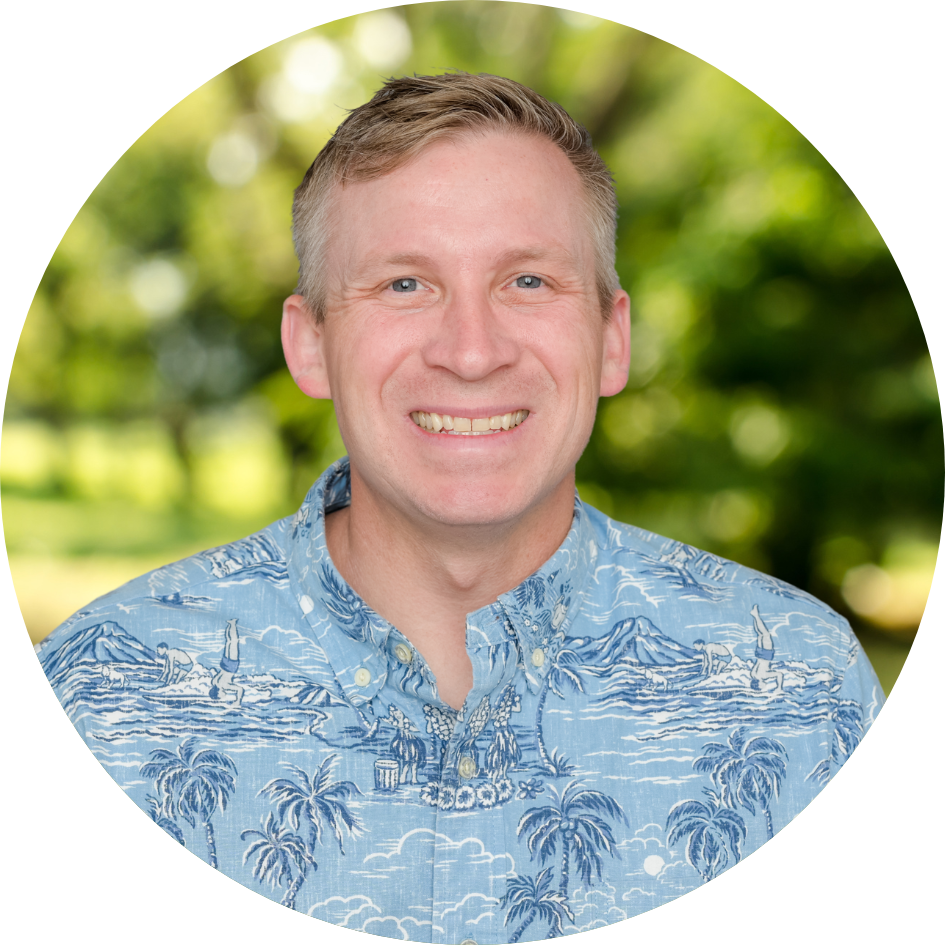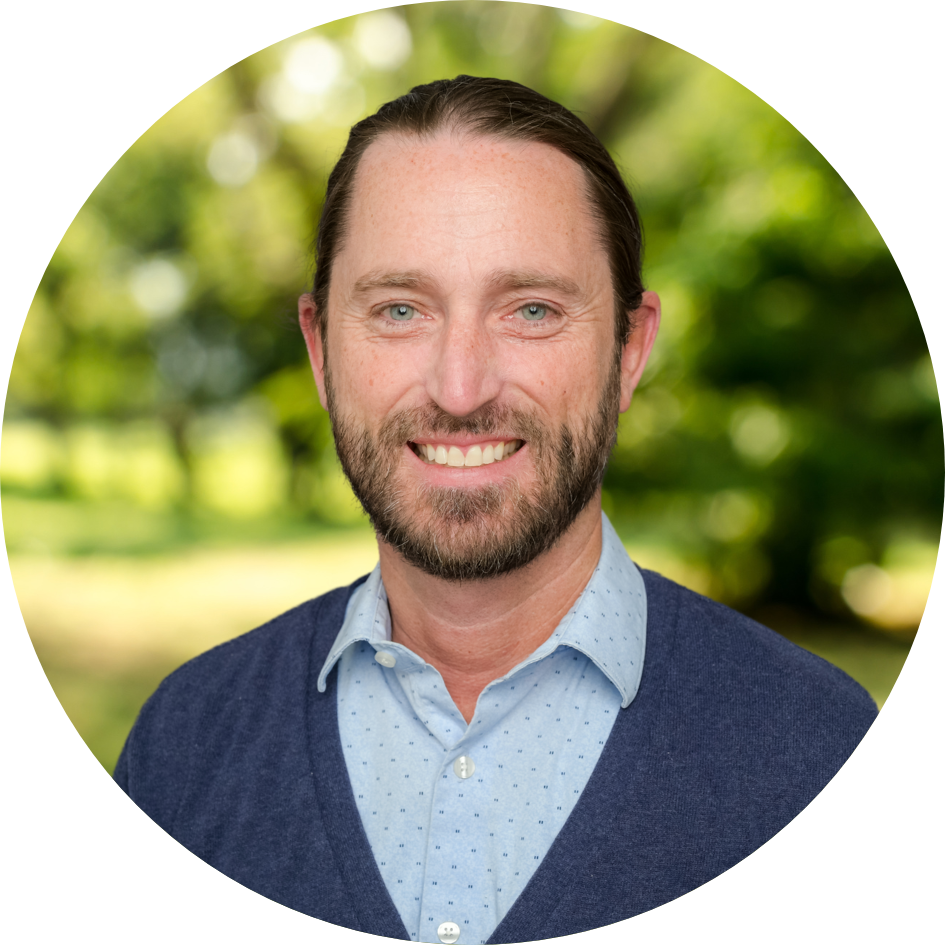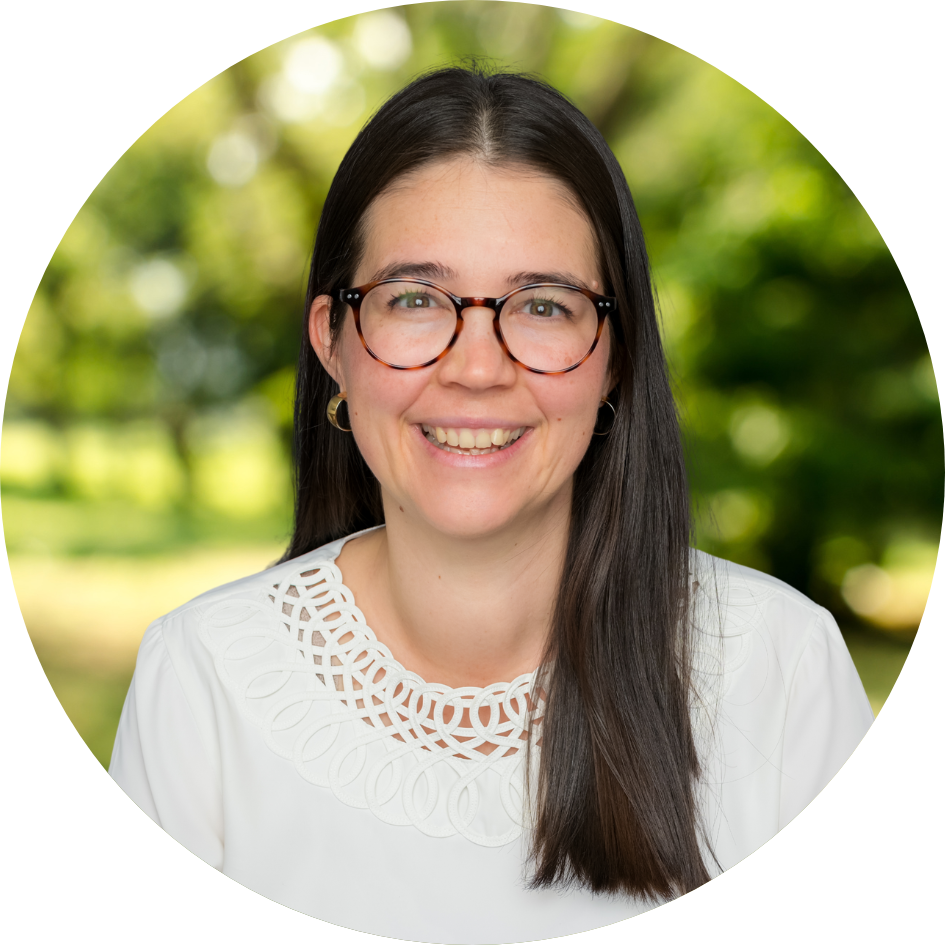brainspotting and trauma counselors
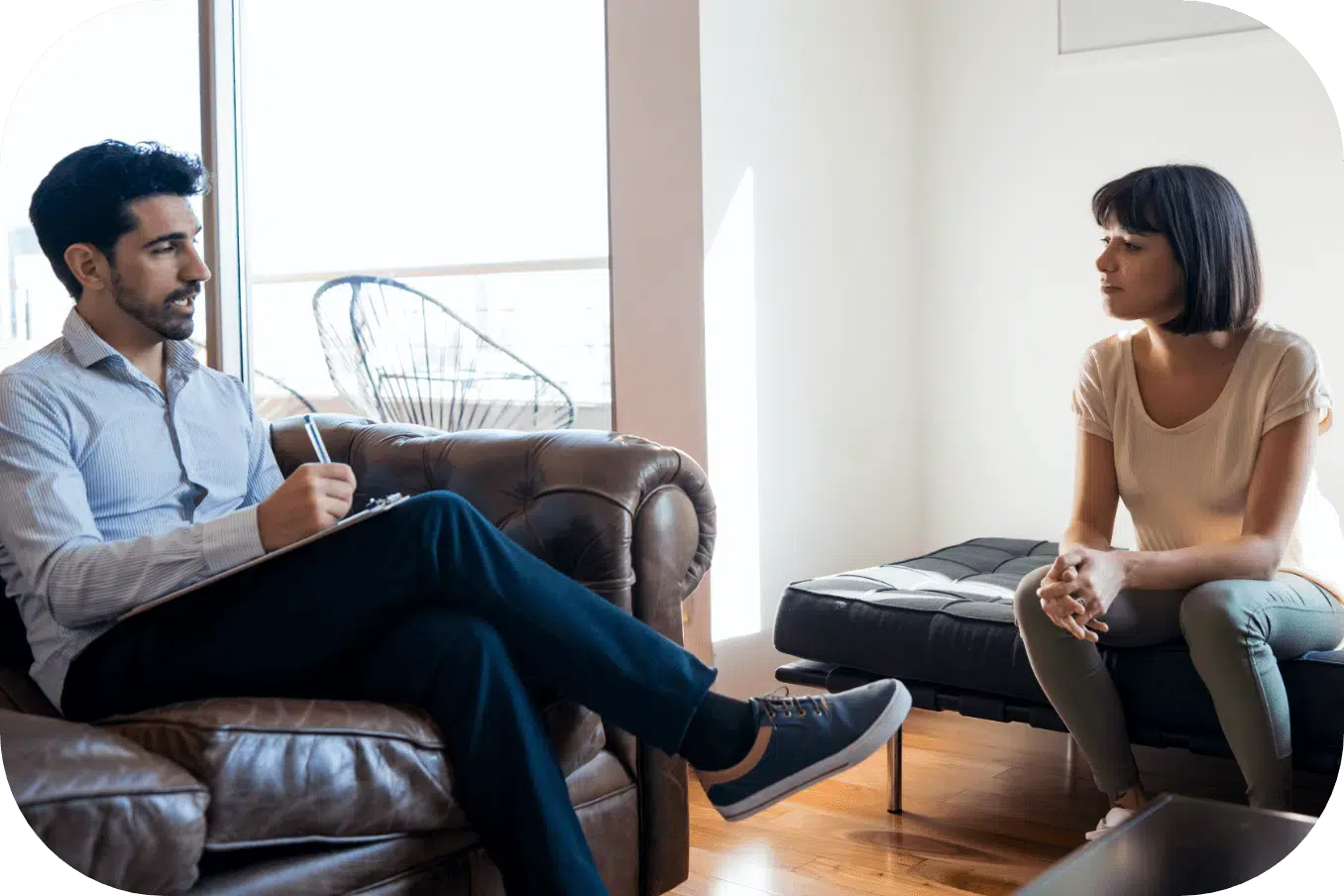
WE CAN HELP YOU
PROCESs TRAUMA
Brainspotting is a specfic approach to treating trauma. You are not alone—about 60% of adults experience one trauma in their lives. Often, counseling is fundamental in the process of healing for many people.
What Is Brainspotting?
How does brainspotting and trauma work?
Basically, there is an overwhelming amount of research that tells us that trauma is “stored” in our body and that it can be challenging to access simply by talking about it. These “stored” negative emotions can affect the health of our thoughts, brain function, memory, and physical health.
According to therapist (and creator) Dr. David Grand, the direction in which people look or gaze can affect the way they feel. “During Brainspotting, therapists help people position their eyes in ways that enable them to target sources of negative emotion. With the aid of a pointer, trained Brainspotting therapists slowly guide the eyes of people in therapy across their field of vision to find appropriate “brainspots,” with a brainspot being an eye position that activates a traumatic memory or painful emotion. Practitioners of the procedure believe it allows therapists to access emotions on a deeper level and target the physical effects of trauma.”
To hear what the founder has to say and learn more about Brainspotting, check out this video.
Who can benefit from brainspotting?
BSP is a therapy tool that has been shown to be effective for various kinds of issues, especially for individuals dealing with:
- All forms of trauma
- Anxiety and depression
- Anger
- Fears and phobias
- Chronic pain
- Substance abuse
- Sports performance issues
Brainspotting Certified Practitioners
These counselors have completed the highest training possible in order to become Brainspotting Certified Practitioners. Along with being highly trained, they’re also incredibly easy to talk to! These therapists are committed to providing the safest place for you to process whatever brings you to therapy. Check out their bios below, and when you’re ready contact us to connect with a Christian Brainspotting Certified Therapist!
Brainspotting trained SPECIALISTS
These counselors are trained in Brainspotting and are equipped to use this research-based therapeutic technique with you to help you process through different types of trauma. Check out their bios below, and when you’re ready contact us to connect with a Christian Brainspotting Trained Therapist!
What our clients say about brainspotting:
I have tried therapy on and off in different capacities for roughly 20 years. When the offer to try brainspotting was presented, I decided it would be worth a try. It turned out to be just what I needed. Brainspotting has helped me process some trauma in my life, without the frustration on putting words to my thoughts. In the past, I would get frustrated with the difficulty to properly express what I was feeling. Brainspotting gets me directly connected to thoughts, emotions and feelings I have suppressed for quite a while.
I am also impressed with the speed in which I have healed from the trauma. The sessions can be a bit intense, but that deeper connection to my trauma has been what has helped speed up the process of healing. If traditional therapy has not worked in the past, I would strongly suggest giving brainspotting a try.”
J.C.


